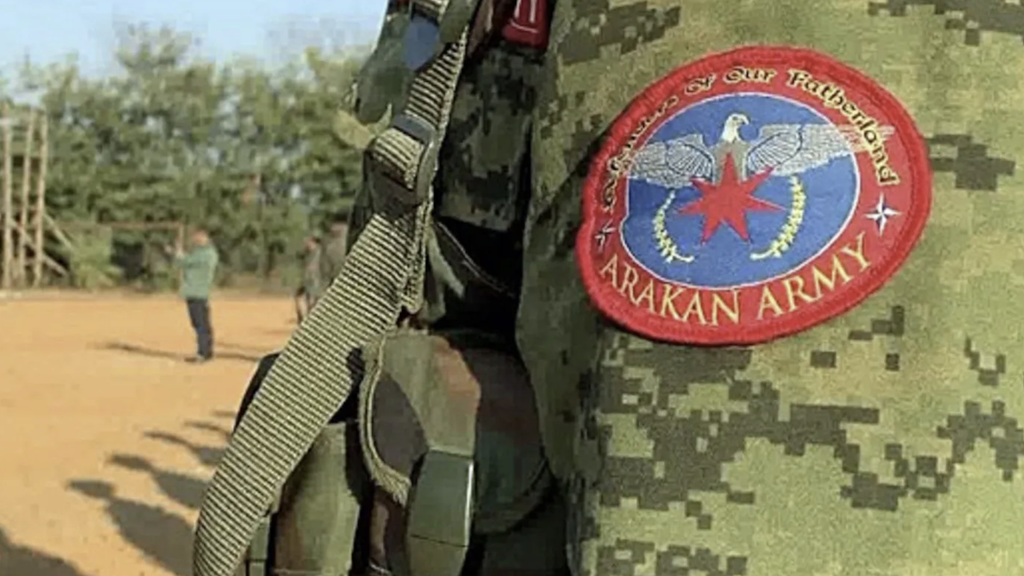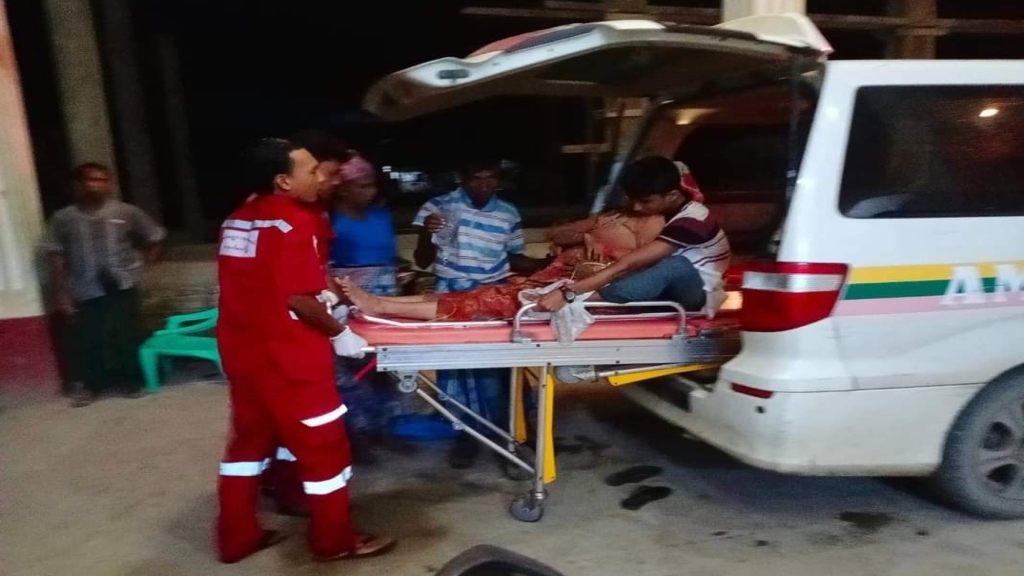
Militant Arakan Army (AA) forces Rohingya Civilians to pay ‘hefty Taxes’
- 22/12/2022
- 0
By The Rohingya Post
“We have never expected to pay taxes to AA. Now we are forced to pay taxes to both Tatmadaw (Myanmar Military) and AA when we are barely surviving or enough food to feed our children and women.”
Arakan Army, the militant group led by the Rakhine ethnic group, has imposed tax upon the Rohingya civilians in Kyauktaw Township, Rakhine State.
According to the local sources, AA has warned that whoever refused to pay tax to the group could face arrest and double-taxation. Rohingya villagers in Kyauktaw have been told to collect and pay taxes at their respective local AA offices.
On December 18, AA collected 1,000,000 Myanmar Kyats (US$ 480) from 16 Rohingya families. Rakhine State is the second poorest state in the country where majority of Rohingya live on farming and fishing which has been restricted by the ongoing genocide against the community.
“We have never expected to pay taxes to AA. Now we are forced to pay taxes to both Tatmadaw (Myanmar Military) and AA when we are barely surviving or enough food to feed our children and women,” a Rohingya elder told The Rohingya Post on the condition of anonymity for the security reason.
“Rohingya are denied to move free even between villages let alone between towns. We are deprived of every rights. There have been fighting between AA and Tatmadaw in which Rohingya villagers suffer. Now on top of all the persecutions and sufferings, how can Rohingya afford to pay hefty taxes to both groups,” he continued.
Due to the restrictions on freedom of movement and livelihoods, the vast majority of Rohingya civilians depend on remits sent by relatives from abroad. It is also reported that AA targets Rohingya families who have relatives abroad.
“How much we need to suffer? We did not expect AA would follow the same policies of Myanmar’s genocidal government. We have no jobs. Some of us receive money sent by those abroad who too have a difficult life working hard jobs day and night. And the money they send is now going to both AA and the government. How can we live?” said another Rohingya man.
Rohingya civilians are continue to flee Myanmar through dangerous sea journey to reach Malaysia, Indonesia or Thailand for a better life or earn money to support families back home. Hundreds of Rohingya seafarers have been vanished in the sea or become victims of human traffickers.
At the moment, more than 160 Rohingya are still adrift in Andaman Sea for more than three weeks, raising fears and concerns on their survivals without food, water and medicine.
At the end of November, Arakan Army and Myanmar Military have reached an informal ceasefire ending month-long clashes mostly around the Rohingya villages which were used as battlegrounds. The ceasefire agreement has lifted the travel restrictions for the Rakhine people, but not for the Rohingya civilians who continue to face the decades-long genocidal policies.







